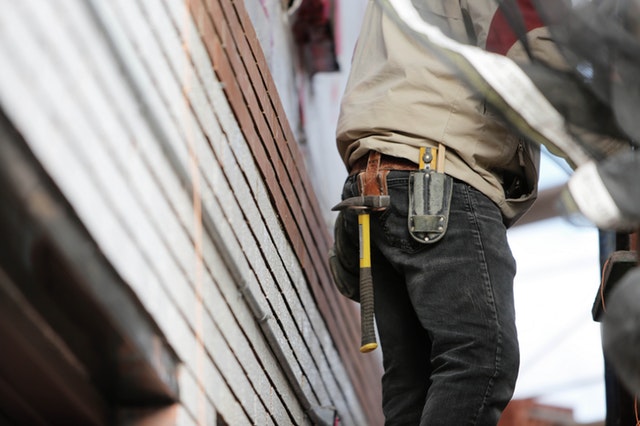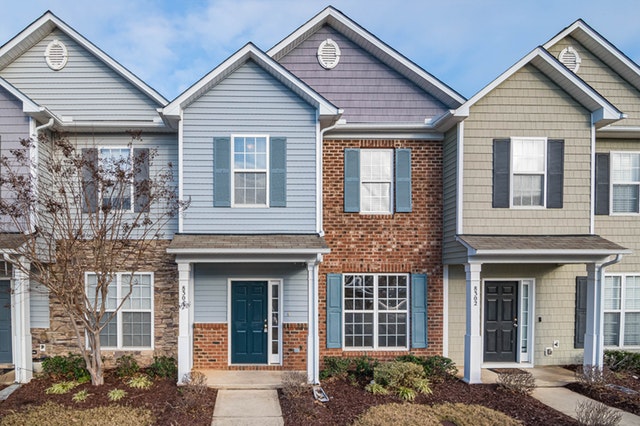Should I Pay Off My Mortgage Or Invest the Money?
 To understand what to do with a windfall or extra disposable income when it comes to paying down a mortgage or investing the money, we need to discuss and understand the concept of opportunity cost.
To understand what to do with a windfall or extra disposable income when it comes to paying down a mortgage or investing the money, we need to discuss and understand the concept of opportunity cost.
What Is Opportunity Cost?
The concept of opportunity cost takes into consideration the total financial impact of the use of funds when applied in different ways, to be able to compare the effectiveness of how it is best to use them. The opportunity cost considers the risks involved, the potential reward, as well as the tax implications of the choices.
Risk Versus Reward Evaluation
All investments have risks. When comparing the potential earnings from an investment against the savings of mortgage interest, only the investment side has any downside risk. If you pay down the mortgage, there is a 100% certainty that the loan will reduce and the interest paid will go down. You can calculate the saving on the interest and know the exact amount.
If you invest those same funds, there is always a risk that the investment money can be lost or the investment returns are lower than expected. Moneywise did a comparison of using money to lower a mortgage versus investing in the S&P 500 stock market index over 43 years from 1971 to 2013. For 26 of those 43 years (60% of the time), paying down the mortgage was a better financial move.
Tax Implications
The tax implications involve the impact of the mortgage interest deduction, and its effect on reducing federal income taxes, and the cost of paying capital gains tax on investment profits.
The Tax Cuts and Jobs Act of 2017 reduced the possibility for many people of benefiting from an itemized mortgage interest deduction because the standard deduction increased. For comparative purposes, most Americans pay capital gains at the current rate of 15%.
Take the tax savings from the mortgage deduction, if you can use it, and compare this to the investment income, less the applicable capital gains taxes. Ask your tax accountant to do the calculation for you if you cannot do this yourself.
Summary
For some, paying down a mortgage is more beneficial than investing. Paying down a mortgage certainly has less risk. Be sure to consider paying down high-interest credit card bills first. That is always a wise idea because the interest rate charged on credit cards is so high.
Every person’s financial circumstances are somewhat different so there is no standard answer when comparing paying down a mortgage to investing the same amount of money. Each person needs to do this calculation of the opportunity costs, to be able to apply their extra funds in ways that are most beneficial for them.
If you are in the market for a new home or interested in refinancing your current property, be sure to contact your trusted home mortgage professional to discuss current financing options.

 Currently, this is a great time to be in the market for a new home. The interest rates on mortgages have fallen countless times over the past few years. Even though interest rates have been in the double-digits in the past, there are homeowners today who are able to agree to a mortgage for less than three percent.
Currently, this is a great time to be in the market for a new home. The interest rates on mortgages have fallen countless times over the past few years. Even though interest rates have been in the double-digits in the past, there are homeowners today who are able to agree to a mortgage for less than three percent.  There are many homeowners who hire contractors to make repairs or upgrades on their homes. It is critical for home improvement contractors to follow all rules and regulations set forth by the law. These regulations have been set forth under the Home Improvement Consumer Protection Act, or HICPA.
There are many homeowners who hire contractors to make repairs or upgrades on their homes. It is critical for home improvement contractors to follow all rules and regulations set forth by the law. These regulations have been set forth under the Home Improvement Consumer Protection Act, or HICPA.  The vast majority of people are going to move at least once in their life. Moves can vary in distance. Sometimes, these moves are across town. Other times, they might be across the country. Regardless of the distance, is important to find a neighborhood that fits both the budget and lifestyle. There are a few tips to keep in mind.
The vast majority of people are going to move at least once in their life. Moves can vary in distance. Sometimes, these moves are across town. Other times, they might be across the country. Regardless of the distance, is important to find a neighborhood that fits both the budget and lifestyle. There are a few tips to keep in mind. Buying a home for the first time can be a challenge. One of the tools created to help people buy a home for the first time comes in the form of FHA loans. There were loans that were supported by the Federal Housing Administration (FHA). They can require a down payment that is as low as 3.5 percent.
Buying a home for the first time can be a challenge. One of the tools created to help people buy a home for the first time comes in the form of FHA loans. There were loans that were supported by the Federal Housing Administration (FHA). They can require a down payment that is as low as 3.5 percent.